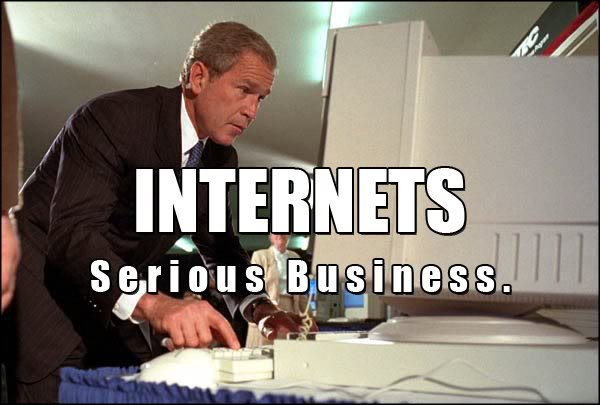Germany
German officials alleged that the US had monitored Chancellor Angela Merkel’s cell phone for more than a decade. The allegations were based on leaked documents obtained by the German news magazine Der Spiegel. While the US administration has denied that President Barack Obama was aware of or approved any intelligence operations involving Merkel, the controversy has increased tension between the US and its European allies and has provoked calls within Germany to better shield domestic Internet traffic from foreign intelligence services.
Global
Google announced the creation of Uproxy, a browser extension for Chrome and Firefox that can allow users all over the world to bypass restrictive firewalls by using peer-to-peer connections. The new technology has the potential to provide uncensored Internet access for activists all over the world.
Iran
The administration of recently elected President Hassan Rouhani announced that it is closely reviewing and revising government censorship policies. The review process is beginning with censored books, but statements by Iranian officials suggest that they may also revisit government policies that restrict access to various websites and social media—a goal that is in line with statements made by President Rouhani prior to his election.
USA
A group of nations led by Germany and Brazil joined together to push for a UN General Resolution to promote a right of privacy on the Internet. The meeting of diplomats in New York represented the first significant international effort to limit NSA surveillance powers exposed in recent revelations about American spying. Diplomats are reportedly considering a draft resolution that expands on the privacy rights contained in the International Covenant on Civil and Political Rights.
#imweekly is a regular round-up of news about Internet content controls and activity around the world. To subscribe via RSS, click here.





